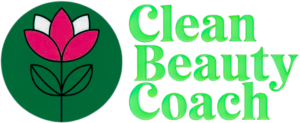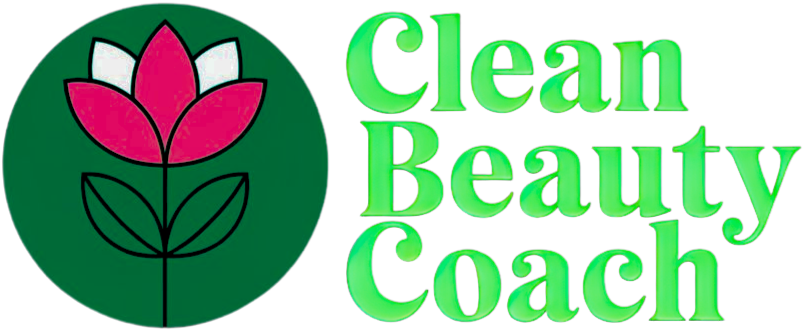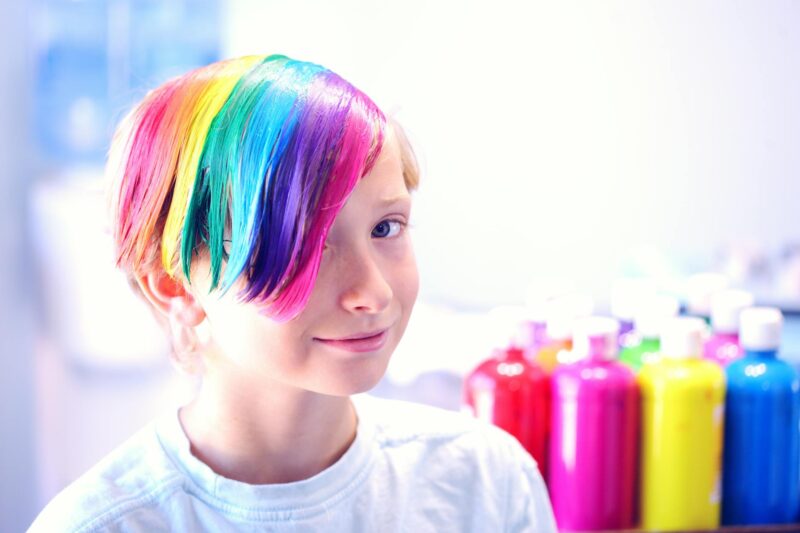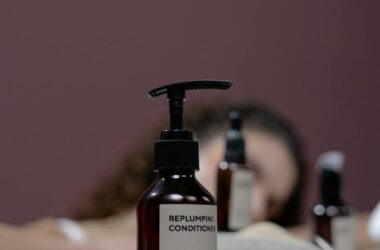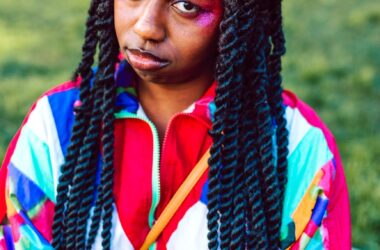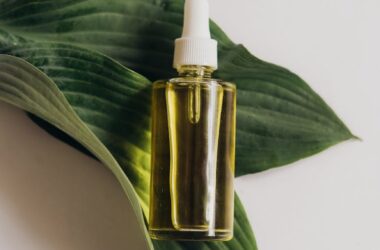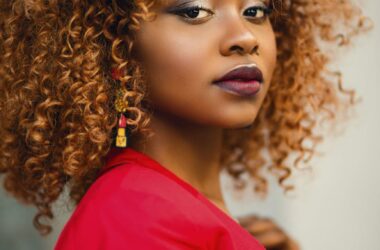It’s natural for anyone going vegan to ask themselves what a vegan hair dye is. Can you use it? Are there animal products in it? Does it damage the environment? Does it damage you? What can you do to find out if a dye is truly vegan? What questions should you answer before buying a dye?
Are vegan hair dyes safe?
Vegan hair dyes are safe and can be used by vegans and non-vegans alike. The biggest concern people have with vegan hair dyes is the use of PPD (para-phenylenediamine) in their formulas. PPD is a chemical that has been known to cause allergic reactions in those that come into contact with it. However, vegan hair dyes on the market do not contain PPD or have only trace amounts of it in them.
What Are Vegan Hair Dyes?
The market for hair dyes is diverse, with product lines designed for every hair type and aesthetic. Many of these products are not vegan, but several companies make products that conform to a vegan lifestyle.
What does it mean for a hair dye to be vegan?
Simply put, it means it was formulated without animal ingredients. Often, this includes the use of animal-derived bovine gelatin, which is used as a thickening agent in many hair dyes. Some natural brands may also use honey or beeswax in their products.
How vegan hair dyes Work
Hair dyes can damage your hair, but that doesn’t mean you can’t color it. Natural hair dye products are made from vegetable ingredients like henna and indigo, both of which have been used for centuries to add reddish colors to hair.
These natural hair dyes don’t use the harsh chemicals found in regular dyes. The key ingredient in many vegan dyes is henna, which is a plant-based product that comes from the ground leaves and stems of the Lawsonia Inermis shrub.
Henna is an orange-red plant dye that has been used for centuries to color hair and skin. It’s a common ingredient in temporary tattoos, especially among young people who want an all-natural look. Henna is a popular ingredient in natural hair dyes as well.
Henna-based products typically produce a red or reddish-brown color on dark-haired people. They’re also good for covering gray because they deposit color into the hair shaft and don’t wash out over time like some other types of dyes do.
Ingredients to look for in vegan hair dye
- Resorcinol – An organic compound used as an antiseptic and anti-inflammatory drug.
- Catechol – A phenolic compound used in the synthesis of vitamin C, resins, dyes, and drugs.
- Ethylene glycol – A clear, colorless liquid used as antifreeze and brake fluid is also used as a preservative in cosmetics and beauty products.
- Paraphenylenediamine – Used as a component in coloring polymers and resins.
- Cetearyl Alcohol – This is usually derived from coconut oil and is a fatty alcohol used to thicken the dye.
- Glycerin – Also thickens the dye, also very common in hair dyes. Can be plant or animal-based.
- Stearalkonium Chloride – Thickening agent found in many shampoos, conditioners, and hair colors. Usually animal-derived, but sometimes plant-based.
- PEG-40 Hydrogenated Castor Oil – Another thickening agent derived from castor beans.
- Citric Acid – Acts as a preservative and pH adjuster in many products including cosmetics and shampoos. Derived from citrus fruits and other plants but can also be animal-derived when isolated from those foods (i.e.: if the citric acid comes from food where it is bound up with other compounds).
Does switching to a vegan hair dye really work?
The answer is yes, switching does make a huge difference. If you have been using conventional hair dye for a long time, then you have probably noticed how much damage it can do to your hair. The chemicals in them can really take a toll on your hair and cause it to become dry and brittle, which will lead to breakage over time.
Vegan hair dye doesn’t contain any of those harmful chemicals, so when you switch to them you will notice an immediate improvement in your hair quality.
When you stop using conventional hair dye, one of the first things you will notice is that your hair gets softer and smoother. This means that the coloring process itself won’t be nearly as damaging and won’t strip your hair of all its natural oils.
Choosing Vegan Hair Dye
Hair dye comes in so many colors these days, it’s hard to keep track of the ingredients used to create them. Thankfully, the market is changing and more and more companies are creating vegan hair dye. But not all colors are created equal. So before you get that bright red or purple shade, here are 10 tips to choosing vegan hair dye.
Avoid PPD (P-Phenylenediamine)
Also known as para-phenylenediamine, this ingredient is used in most permanent black hair dyes and has been linked to everything from liver damage to cancer! It is not a good idea to use this chemical in your hair at all! There are plenty of natural dye options out there that can give you the color you want without risking your health!
Look for natural ingredients
There are natural alternatives available for everything from ammonia-free hair color removers to henna hair dye! Just check the label for words like “natural” or “organic.”
Look for the vegan symbol
Veganism is all about living a life that does not harm animals, so it follows that choosing vegan hair dye is one way to make sure you are not using products that have been tested on animals. Because some products like dyes and shampoos cannot be tested on animals due to health risks, they are labeled as being vegan-friendly.
Read the ingredients list
Although there are a number of animal by-products used in making some hair dyes, these substances often have other uses besides hair dye (for example, honey is also used in certain types of skincare products).
The Benefits of Vegan Hair Dye
- Safer ingredients: Ingredients in conventional hair dyes contain toxic chemicals, such as ammonia, peroxide, and PPD (para-phenylenediamine). The safety of these ingredients has been linked to cancer, asthma, and other serious health problems, but despite this, companies continue to use them in their products. In contrast, vegan hair dye is made with plant-based ingredients—meaning that they’re less likely to cause any kind of negative reaction.
- Vegetarian-friendly formula: Vegan dyes are not tested on animals and are known to be safe for humans.
- Environmental-friendly: When you choose vegan hair dyes, you will have a lesser impact on the environment since these products do not contain harsh chemicals that can harm or kill plants and animals.
- You can still enjoy colorful hair: You can still have colorful hair with vegan hair dyes, although it’s not as pigmented as animal-based colors since there are no harmful chemicals used in the formulation process. On the other hand, there are lots of colors to choose from, so you can still create your desired look.
- Healthy and shiny hair: Vegan hair dyes do not contain harsh chemicals so your hair will be shiny and healthy after coloring it with these products. Some even add nutrients to your hair while they make it beautiful by sealing the cuticles of your hair and making them smooth and shiny instead of rough.
- Affordability: Many vegans make the choice to avoid animal products as part of an overall lifestyle choice to minimize their contribution to environmental degradation. Vegan hair dyes are less expensive than many mainstream brands because they’re made from natural ingredients such as henna, plum root extract, and cassia obtusifolia seed powder (also known as cinnamon dust).
Final thoughtsOverall, yes, vegan hair dyes are safe and effective. Just be sure to check the ingredients of your preferred dye to ensure there aren’t any animal bi-products used in the color process.
